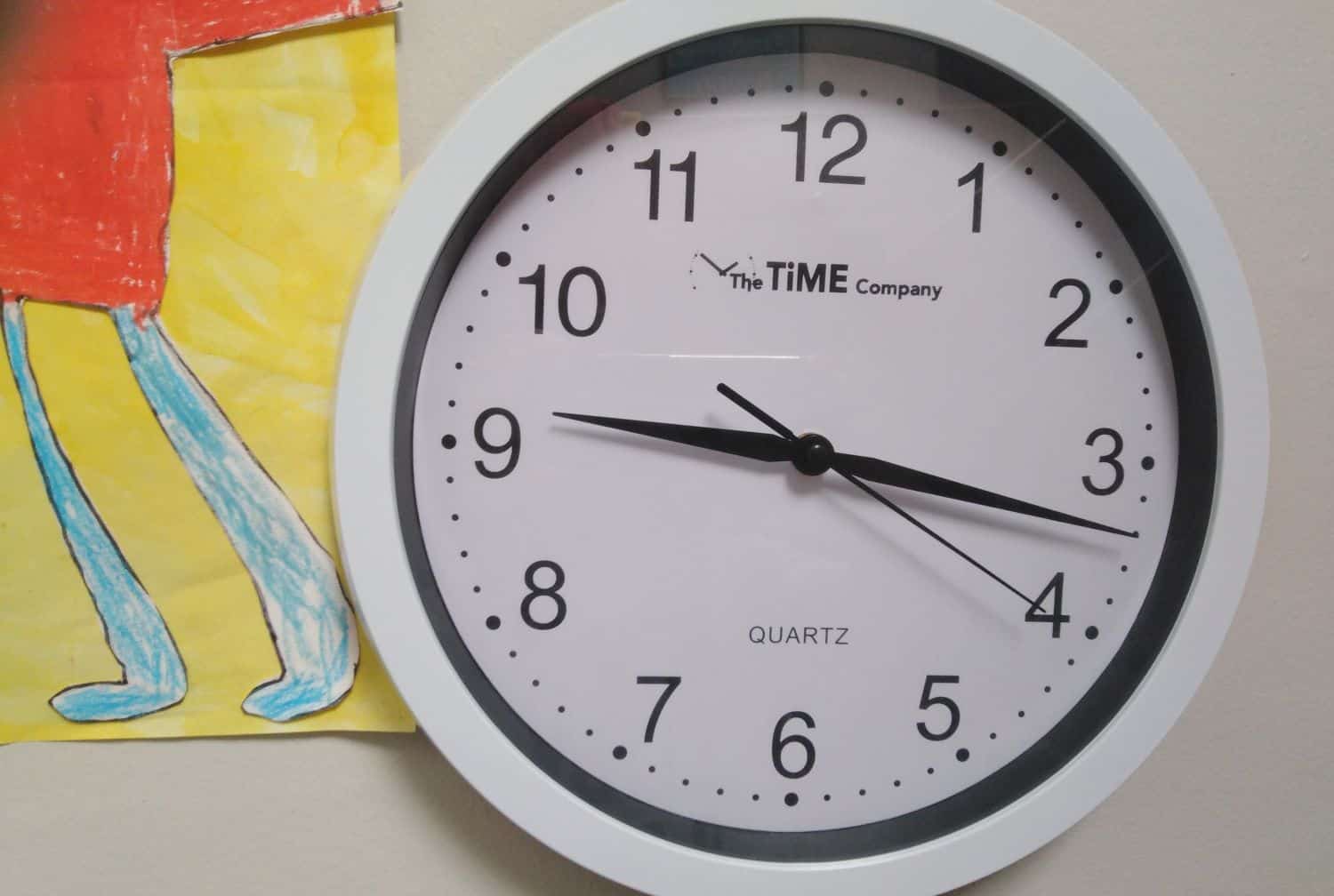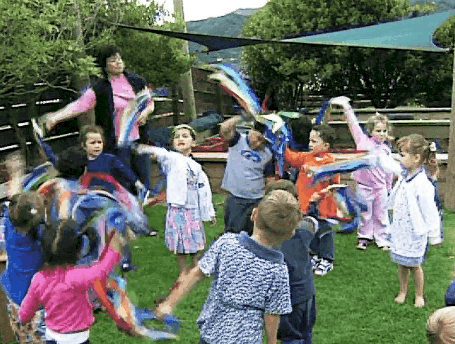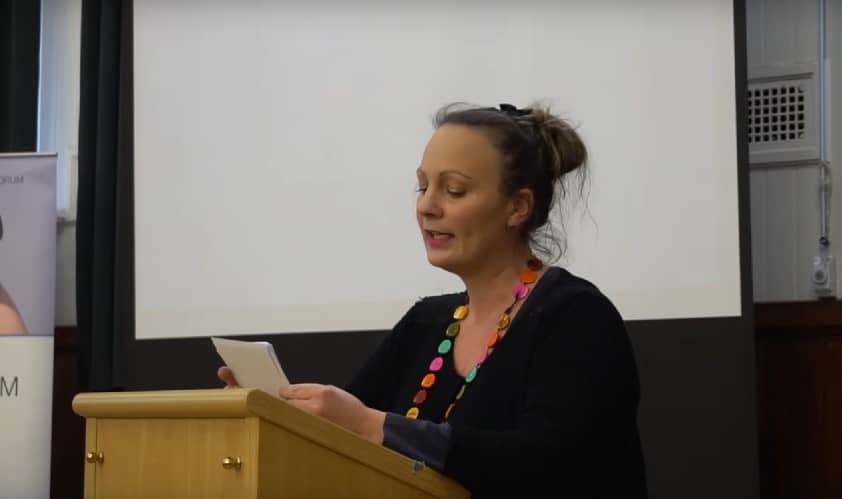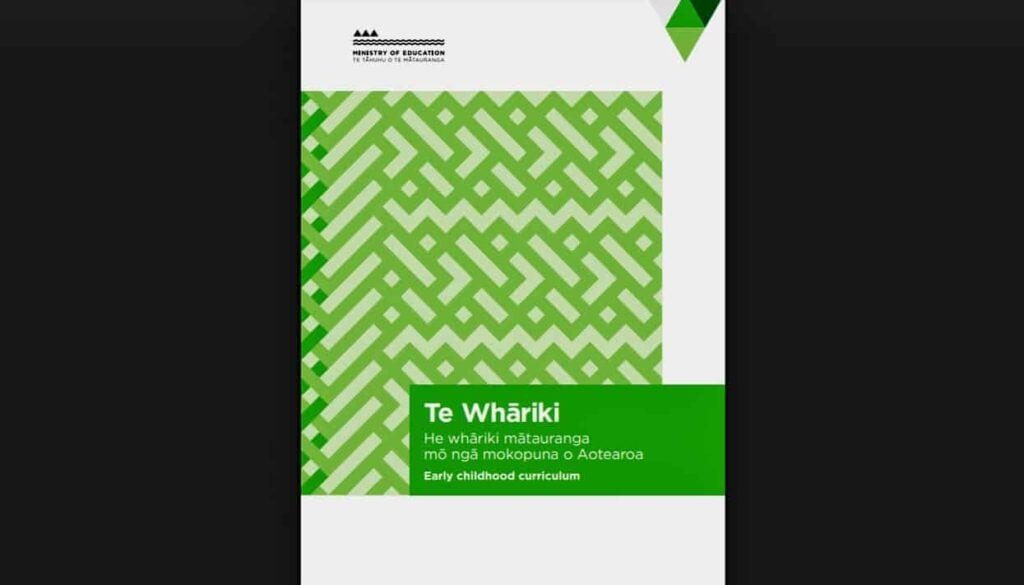“Purple People-Eater” or Early Childhood Education Quality Assurance?
The early childhood centre charter was thought to be “the key to improving quality” in services (Meade, 1990, p.7). Teachers and managers were required to share their views and opinions on ways to improve centre quality and consult and involve parents in writing a charter.
The Handbook was a large purple ring-binder folder containing pages and pages of explanations, guidelines and requirements on how to develop a charter.
The first paper shown below examines the positives and negatives of charter development at diverse early childhood centres. It was found that for full benefit to be obtained, centres needed more time, less pressure, more advisory and resource support, and greater freedom to examine and articulate in their charters how they defined quality and aimed to provide it. Problems included:
- Learning what the concept of consultation meant, defining who constituted the community and who was important to consult with.
- Parents’ perception of their ability or need to be involved.
- The urgency of needing to learn and understand the terminology and details in the Handbook, which lead to wasted time in discussions/arguments to clarify.
- Considerable work overload in centres to the expense of some things that usually happen in centres, such as parent education programmes and the time that parents and staff/management had to do other out-side-of centre things.
- Emotional strain and financial costs which discouraged future willingness to be involved in such a process.
- Development of mistrust for government agencies and officials because of conflicting views, changing rules, deadlines, and requirements.
- Confusion over requirements due to differences in interpretations received and details not officially finalised.
- Perception of charter development in nine out of the ten centres as more of a bureaucratic exercise rather than one to help to improve programme and service quality.
A follow-up of the same centres was carried out in 1993. (See the second paper below)
From the beginning of 1990 all nine centres had commenced work on areas within the Ministry of Education’s charter guidelines, even on areas that proved to be difficult and highly contentious.
Charters started to lose credibility early when centres noted that the different education agencies were not always in agreement on what should be in charters. Credibility was further reduced at the end of 1990 when centres learned that the Ministry of Education were yet to approve charters despite centres rushing to complete them by an initial 1 July 1990 deadline.
Charter changes came in with a change of government from Labour to National at the end of 1990. These changes nullified the progress centres had started to make in developing policies and practices of higher quality, and consulting with parents.
At the end of 1993 all nine centres continued to view the charter primarily as a bureaucratic requirement.









